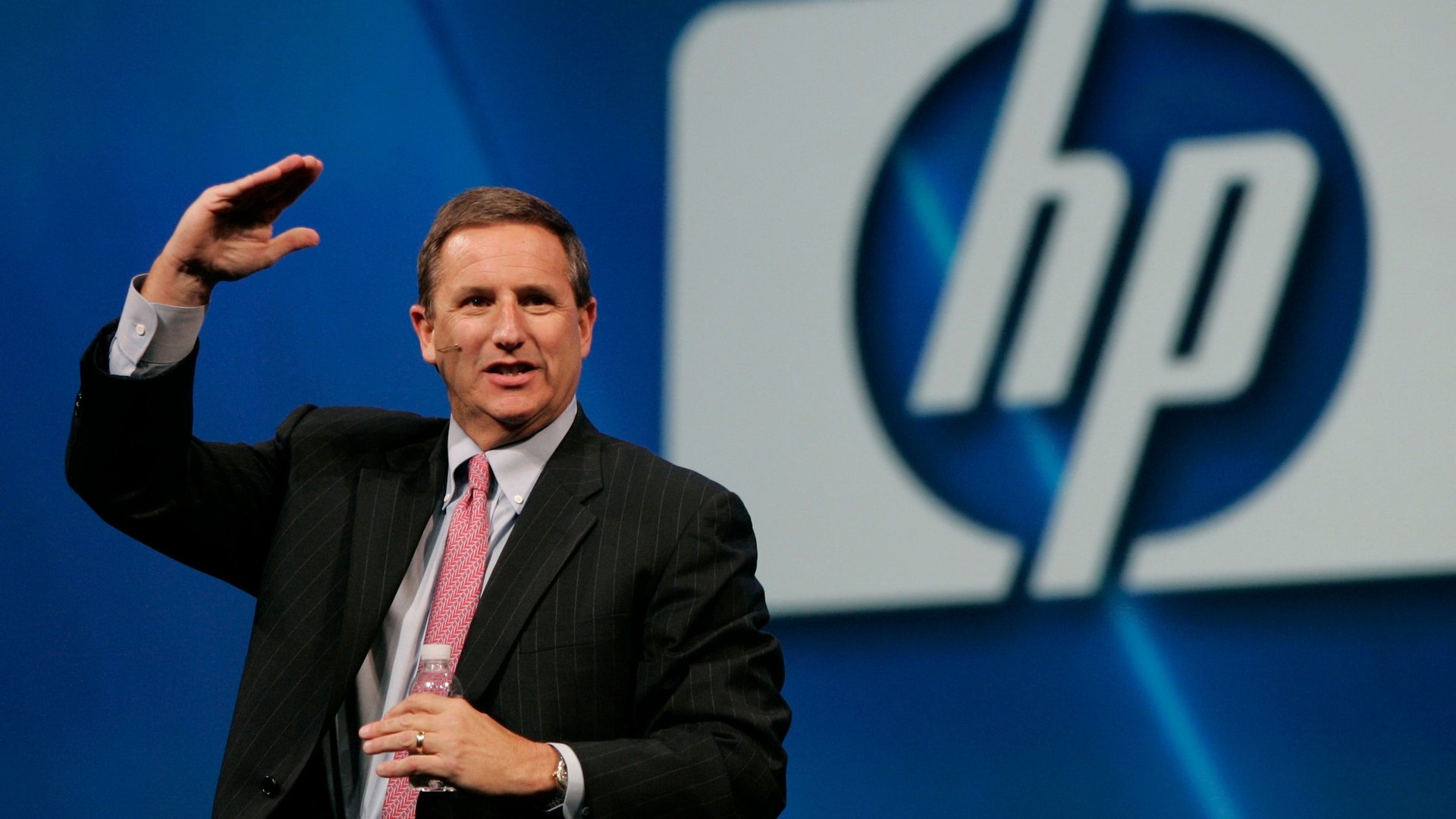HP might not be writing off $8.8 bln today had it not lost its CEO to a sex scandal
Léo Apotheker, the Hewlett-Packard boss who oversaw the ill-fated $11 billion purchase of UK software firm Autonomy, took the job to replace Mark Hurd. Hurd had resigned in 2010 over a scandal involving his relationship with a female employee. (The company ultimately cleared him of sexual impropriety, but did find “violations of HP’s Standards of Business Conduct.”) He went on to be president of Oracle. It was there, according to Oracle’s CEO, Larry Ellison, that Hurd received a visit in April of 2011 from Autonomy’s then-CEO, Mike Lynch. In Ellison’s account:


Léo Apotheker, the Hewlett-Packard boss who oversaw the ill-fated $11 billion purchase of UK software firm Autonomy, took the job to replace Mark Hurd. Hurd had resigned in 2010 over a scandal involving his relationship with a female employee. (The company ultimately cleared him of sexual impropriety, but did find “violations of HP’s Standards of Business Conduct.”) He went on to be president of Oracle. It was there, according to Oracle’s CEO, Larry Ellison, that Hurd received a visit in April of 2011 from Autonomy’s then-CEO, Mike Lynch. In Ellison’s account:
Mr Lynch came to Oracle, along with his investment banker, Frank Quattrone, and met with Oracle’s head of M&A, Douglas Kehring and Oracle President Mark Hurd at 11 am on April 1, 2011. After listening to Mr. Lynch’s PowerPoint slide sales pitch to sell Autonomy to Oracle, Mr. Kehring and Mr. Hurd told Mr. Lynch that with a current market value of $6 billion, Autonomy was already extremely over-priced.
(The emphasis is mine.) Three months later HP announced its purchase of Autonomy, and you know the rest.
At the time, when reports of his visit surfaced, Lynch denied that Autonomy had been “shopped” to Oracle. Oracle responded by putting online the slide deck he had presented. There the matter seemed to rest. Whatever was actually said, it seems clear that if Hurd had said no to paying $6 billion for Autonomy in April 2011, there’s no way he would have paid $11 billion a few months later, as Apotheker did—to the company’s now great cost.
Critics of David Petraeus, please take note.